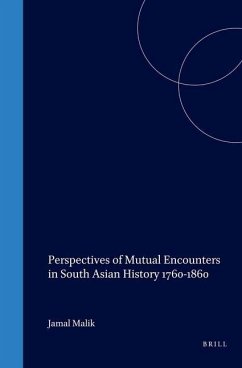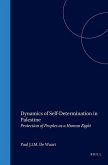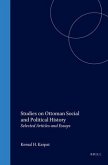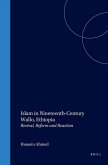Relationships between colonialists and the colonised peoples are often ambivalent but always fascinating. This edited volume explores the issues of cultural reciprocity between Europeans and South Asians during the crucial period from 1760 to 1860. In doing so, prevailing assumptions about these complex relationships are examined. Part I examines a variety of "themes in reciprocal encounter, such as class structures, urban landscape, Anglo-Muslim cooperation and debates on indigenous values. Part II deals with the "persons important to the process of reciprocity and discursive interdependence, such as orientalists, missionaries, Indian travellers. The "texts, in the last section, focus on the changing and shifting identities, thereby revealing the complexity and hybridity of the imperial process. The book is based on rich biographical and chronological accounts, narrative material and archival data, both in occidental and oriental languages.
Hinweis: Dieser Artikel kann nur an eine deutsche Lieferadresse ausgeliefert werden.
Hinweis: Dieser Artikel kann nur an eine deutsche Lieferadresse ausgeliefert werden.








